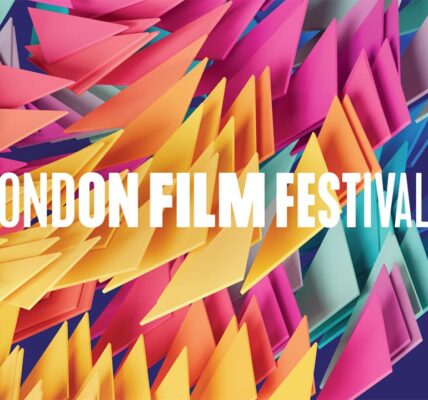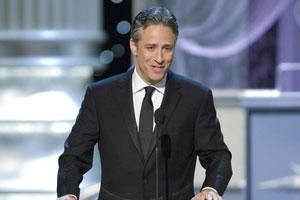John Krokidas Talks Kill Your Darlings
It’s taken more than 10 years, but American filmmaker John Krokidas is finally making his feature debut. Kill Your Darlings, a tale of a formative year in the life of poet and Beat icon Allen Ginsberg (Daniel Radcliffe), has garnered festival wins at Palm Springs and Venice, as well as nominations at Sundance and London. Here, Krokidas reveals his long, strange journey to success. Interview: MaryAnn Johanson
Why choose to focus on Allen Ginsberg for your debut feature?
Ginsberg was one of the seminal artists of my adolescence. I found his collected works, and I was terrified. I felt like I was reading a dirty novel, because he was so open about his sexuality, and about his passion and his politics. I remember wishing I could be as brave as him.
Then, 10 years ago, my best friend and co-writer, Austin Bunn, came to me with the idea of writing a play about David Kammerer [an acquaintance of Ginsberg’s who was murdered during the poet’s year at Columbia University]. I said, ‘Why don’t we collaborate on this?’ To find that there’s an origin story this dramatic about the artist that you’ve worshipped all these years is incredibly exciting.
There have been other films about the Beats in recent years and, while they certainly didn’t hide Ginsberg’s sexuality, it wasn’t as great a factor as it is in your film. Was that important to you?
Austin and I looked to see which character had the biggest emotional arc over the year this movie takes place, 1943 to 1944, [and] who was the most affected by the murder. That was Ginsberg. He starts off as an awkward, nervous kid from New Jersey, and by the end he gets kicked out of school, writes the first piece of work, and declares himself an artist, a poet, and a rebel. We wanted to tell this story as the birth-of-an-artist story, and to not deal with sexuality would be missing a huge part of who he was as an artist, and what made him so unique. This wasn’t just a time when being gay was something that could cause bullying on the high-school playground. In many places it was illegal, and his work did cause a huge censorship trial which went to the Supreme Court. And it’s Allen’s awakening, his decision to find his own voice and to set out a new vision, that would become the Beat movement.
You’ve given Daniel Radcliffe his first really grown-up role on screen. Were you at all worried about the Harry Potter association, whether some people might come into the movie expecting a light fantasy?
I think that one of the great things about Dan’s fans is that they understand that he takes on these different roles as he gets older, and wants to expand himself as an actor and an artist.
The thing that made me truly confident that we were going to be okay: one teenaged girl found a script, and posted it on an IMDb message board. I had to watch my script be subjected to hundreds of reviews by teenaged girls [laughs]. But the good thing is that they liked it!
How did you keep your enthusiasm up during the decade of ups and downs it took to bring the film to the screen?
I say that in anything I do, there has to be something that pisses me off to keep me going!
When this movie fell apart, as it did twice over the last 10 years, the thing that emotionally fuelled me was the fact that in 1944 you could literally get away with murder by portraying your victim as a homosexual. This isn’t just a moment in American history; it’s still extremely relevant today. If you look at what’s going on in Russia… It’s happening in some countries in Africa. This isn’t a political movie by any means, but having that connection to it, when I was ready to give up, would remind me that this was something I needed to share with the world.
Kill Your Darlings plays the London Film Festival on October 17 and 18, and opens in UK cinemas on December 6
Read the full interview in movieScope magazine, Issue 36 (October-December 2013)










